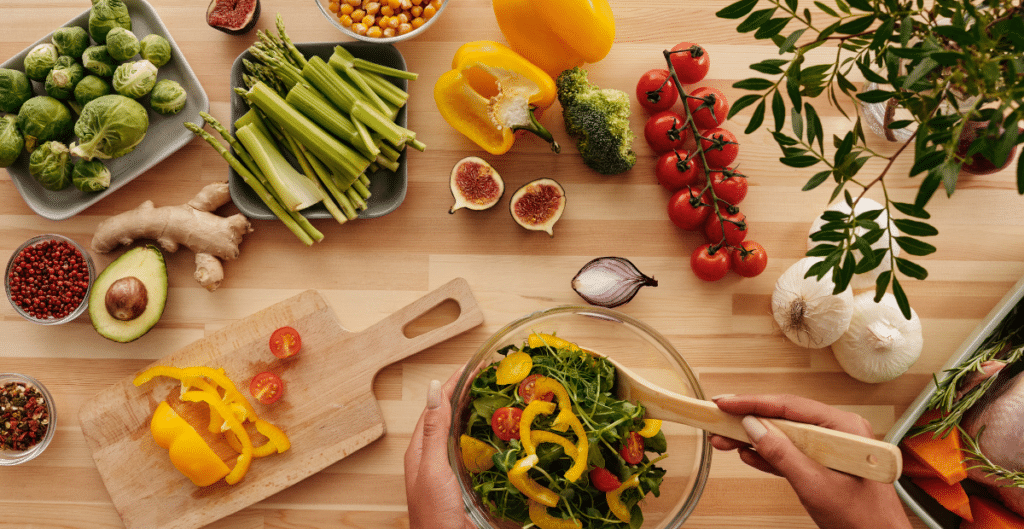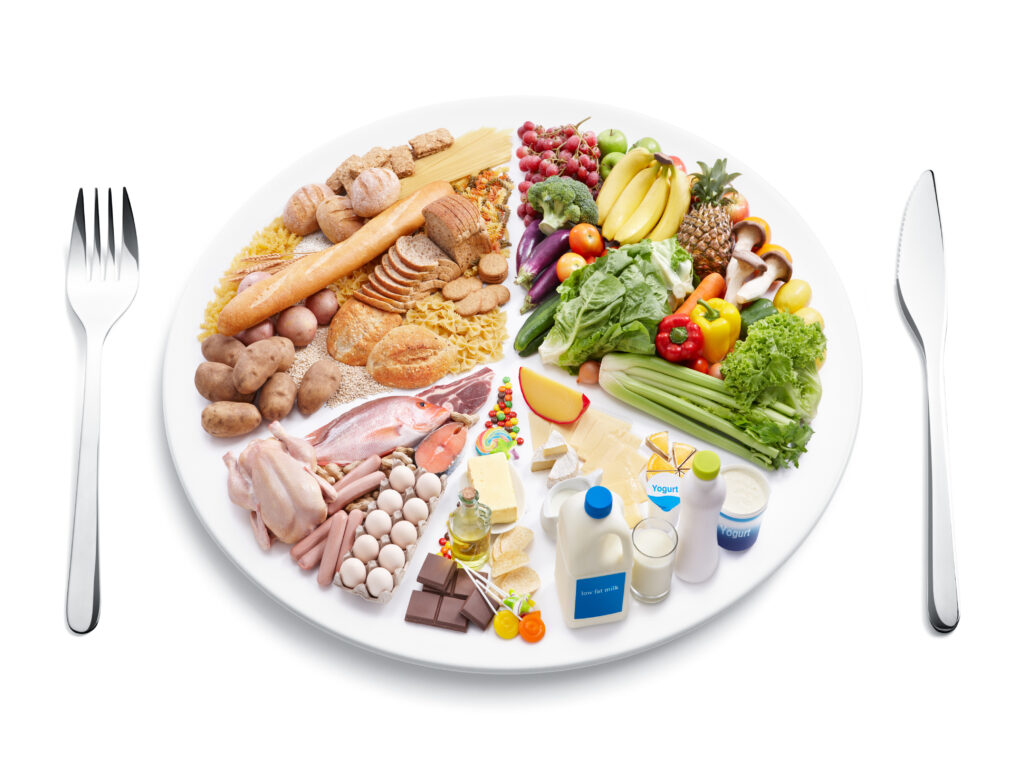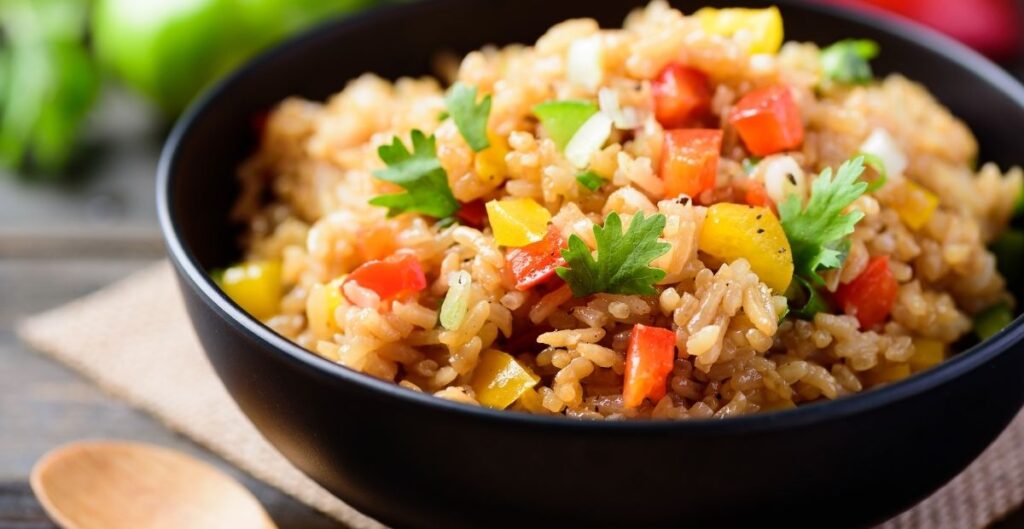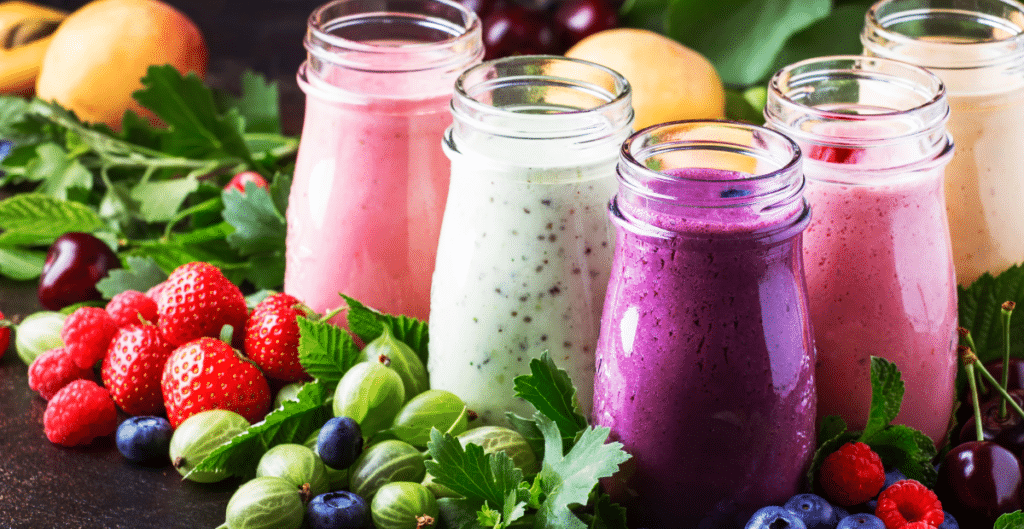Marine Corps Culture: The Secrets of the Marine Corps Diet
The United States Marine Corps differs from other organizations in a number of ways. The mental toughness and physical endurance that all individuals must achieve in order to become a Marine is a significant aspect of Marine Corps culture that sets it apart. This typically carries with it the distinct satisfaction that is a trademark of being a Marine. for the strength needed, there is a much needed dietary plan too. this is to ensure a proper food intake which has all the nutritional elements.
Nutrition is a component of the fitness equation since it is correlated with both athletic ability and mental wellness. When the Marine Corps declares that all Marines must be well-rounded and “take on healthy habits and an eternal dedication to fitness,” it even recognises that idea. Combat preparedness and work performance are directly and favourably impacted by these two factors. A healthy diet is a type of proactive care for the body; providing the proper nutrients in sufficient quantities will optimise its performance and reduce the likelihood of health issues that need to be “corrected.”
The Fundamentals of the Marine Corps Diet
Marines require a diet that strikes equilibrium between nourishment and stamina. Their diet is intended to offer Sustained Energy as consistent energy is necessary for intense exercise. Moreover, Protein is necessary for both muscle development and breakdown. The diet should also be able to promote Cognitive Function because mental acuity is necessary for tactical choice-making. The demanding activities need good food so a healthy diet also helps people recover more quickly from such tiring activities.
Marine Corps diet varies for different individuals as it is not a one-size-fits-all. Rather, it is customized to meet mission specifications, stage of activity, and individual demands. But a few fundamental ideas strike out.
1. Prioritize Protein
Protein is the cornerstone of the Marine Corps diet. Protein requirements grow due to muscle recuperation and synthesis for tactical athletes who regularly exercise. Protein is generally acknowledged to be necessary for building muscles and recuperation. Additionally, the timing of protein intake is important. According to one source, the best way for those who exercise is to distribute their recommended protein consumption across the day, roughly every three hours. Marines rely on lean protein sources to build and repair muscles while staying lean and agile. Common protein sources include:
- Grilled chicken breast
- Turkey
- Eggs and egg whites
- Lean beef
- (Tuna) Fish
- Plant-based proteins like lentils and chickpeas
Protein shakes and protein powders are also consumed. They are used under some conditionality; lets say for instance, during intense training phases when quick recovery is crucial.
2. Embrace Carbohydrates
Carbohydrates are the primary fuel source for human body. Marines intake complex carbs for sustained energy as it helps retain the energy lost in excessive exercises. Examples include:
- Oatmeal
- Brown rice
- Quinoa
- Potatoes
- Whole-grain bread and pasta
These foods provide energy for a lengthened period of time which ensures that Marines have the stamina to complete long training sessions without crashing/fainting out.
3. Incorporate Healthy Fats
Fats are essential for hormone production and long-term energy. Marines focus on healthy fat sources, such as:
- Avocados
- Nuts and seeds
- Olive oil
- Fatty fish like salmon
- Coconut oil
4. Stay Hydrated
Consuming lots of water is normalized for marines. While training under any environment; let’s say – from moist jungles to scorching deserts, drinking enough water is their top priority. Drinking water regularly during the day is generally advised to them by their trainers. They are advised to consume particularly before, during, and after strenuous exercises. This is essential in order to restore lost minerals including salt, potassium, and magnesium, Marines may also take electrolyte beverages as supplements. Therefore fluids are an essential part.
5. Mindful Portion Control
Marines are trained well to adjust meal sizes according to their level of activity or exercises. They need to take care of eating in careful proportions, at the appropriate time. A Marine on a day of intense training, for instance, could eat more protein and carbohydrates than a normal day. Therefore, being mindful of the intake is essential.

Sample Marine Corps-Inspired Meal Plan
Here’s a day’s worth sample of meals inspired by the Marine Corps diet:
|
Breakfast |
|
|
Mid-Morning Snack |
|
|
Lunch |
|
|
Afternoon Snack |
|
|
Dinner |
|
|
Snack (optional) |
|
Schedule and Consistency: The Marine Mindset
The Marine Corps diet emphasizes consistency and discipline in addition to food. Marines don’t engage in yo-yo diets or bad behaviour. They stay away from junk food and quick food. Additionally, they incorporate fitness into their regular schedule. Marines keep a positive connection with food as a positive gesture towards their body. Their eating patterns reflect the self-control and regularity which accounts as the core trait of their personalities as marines.
How to Include Marine Corps Values in Your Nutrition
You can still use the Marine Corps technique to enhance your ability and well-being even if you are not planning to enlist soon enough. Here’s how:
1. Establish Specific Objectives
There is a need to figure out your aim before starting up the dietary regimen. This gives a clear sight of what you’re looking for and to what extent do you need to abide by the diet schedule. Are you trying to improve your general fitness, reduce body fat, or gain muscle?, are the major questions.
2. Make Meal Plans
Marines don’t take their diet lightly. To prevent excessive eating and make certain that you’re obtaining the proper nutrients, make a weekly food plan.
3. Work Out Hard and Eat Wisely
Combine a good exercise regimen with your nutrition. Keep in mind that food is fuel, and your ability to perform is directly impacted by what you consume.
4. Remain Regular
There is also a need to fulfill the commitment in the dietary plan. For lasting impacts and that too, healthy ones, you must be ready to adapt to a changing lifestyle.
5. Adjust and Get Past
Though predictability of life is a lie, Marines are able to adjust to changing circumstances at least. And therefore, you would need to do the same.
The Role of Supplements
While whole meals are essential and enough to build basis of the Marine Corps diet, supplements can be beneficial for filling nutritional gaps. Common supplements used by Marines include:
- Protein Powder: For quick recovery and muscle repair
- Multivitamins: To ensure they’re meeting daily nutrient needs
- Omega-3 Fatty Acids: For joint health and brain function
- Electrolyte Powders: To replenish minerals lost during intense activity
Always consult with a healthcare provider before adding supplements to your routine.
Concluding remarks
Eating like a Marine means taking an organized, intentional approach to nutrition, which goes beyond simply being physically active. They require fat in addition to calories, protein, carbs, and vitamins and minerals. Marines must eat enough calories to sustain prolonged or intense training. Since protein intake is prioritized over total calories, this is frequently disregarded. Inadequate calorie intake can lead to poor recovery, infections, injuries, and muscle loss. However, proteins are necessary. Protein intake should be between.5 and.8 grams per pound of body weight, and it is recommended that you consume it before to exercise in order to decrease the breakdown of glycogen. Additionally, it is advised to consume protein after working to aid in muscle regeneration and promote a quicker recovery. The best way to consume nutrients is usually through dietary sources, even though supplements are available.



